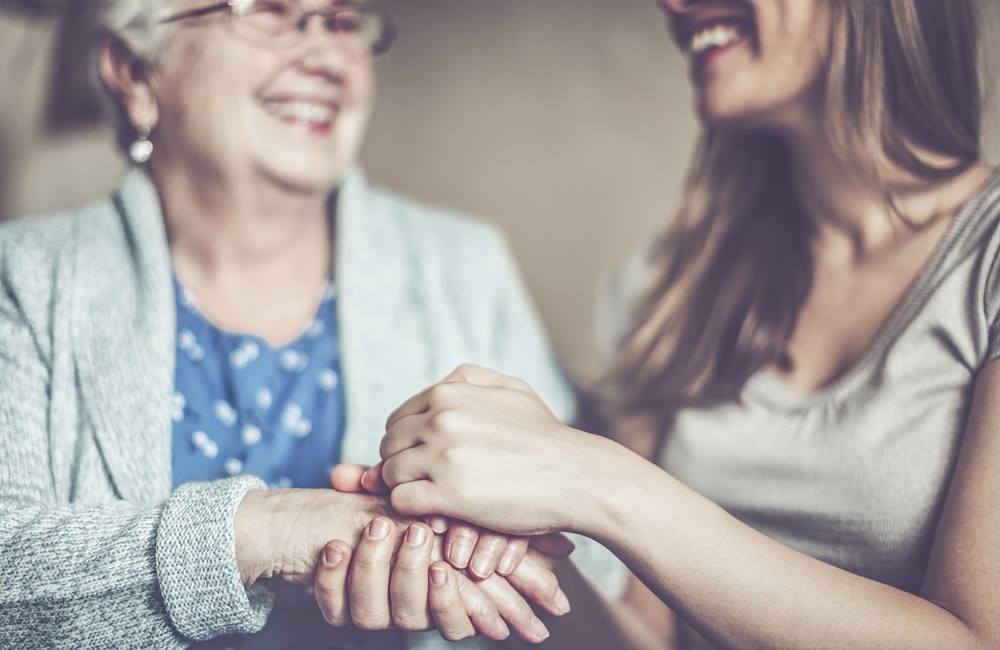New Report Shows Majority of Those in Need Turn To Family Members

A recent national study shows that most of the elderly who need care get it from family members and that those caregivers rarely seek support from others.
Conducted by the American Geriatrics Society, the 2017 study found that a high percentage of the elderly in the United States depend on caregivers for their needs on a daily basis.
The study reported that 30 percent of the 38 million people in the country 65 or older receive some type of care. Of those, 65 percent get caregiving from family members.
That means caregivers in the U.S. have become more important than ever.
Key Findings
Researchers took on the study because caregiving has become a major issue for the health and welfare of the country’s aging population as well as caregivers themselves.
The study drew on numbers from a National Health and Aging Trends Study. Some of the findings included:
- Adult children are the largest group of caregivers
- Many caregivers forego social activities, such as visiting friends or relatives, in order to handle their caregiving responsibilities
- Fewer than five percent of caregivers join a support group
- Caregivers handle a large number of duties. They include shopping, housekeeping, providing transportation, making doctor’s appointments, ordering medications and helping with both diet and dental care
- The more tasks that caregivers handle, the higher the risk that they will not participate in social activities
- The majority of caregivers provide aid to those without dementia or disability
Lack of Support
Although the number of caregivers continues to grow, those seeking support remains low. Few seek out support services such as those offered at Hope Grows, which provides respite for caregivers through a variety of means, including counseling, education, training and gardening.
The report found that almost all caregivers feel some degree of “caregiver burden.” The stress of caregiving can show itself in a variety of ways, including feelings of being overwhelmed, abandonment, irritation and anger, and losing interest in outside activities.
Some caregivers also experience large weight gains and losses as well as having difficulty sleeping on a regular schedule.
Researchers on the recent report said their findings suggested that agencies both public and private should more closely examine the caregiver situation. They suggested this needs to go beyond just those who take care of elderly people who suffer from high-risk health issues.
The report concludes that “it is also essential that we explore and implement strategies that support caregivers.”
Caregivers looking for support should take the time to explore some of the option available through Hope Grows or a similar organization.
